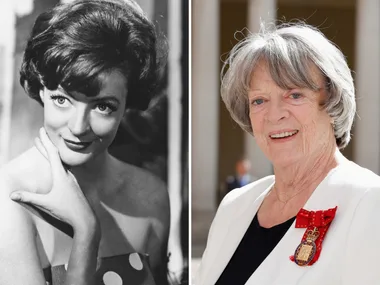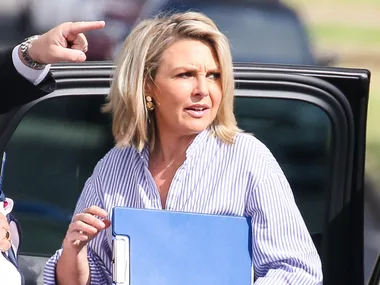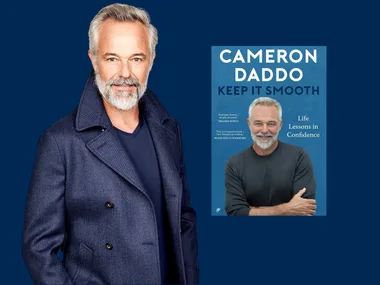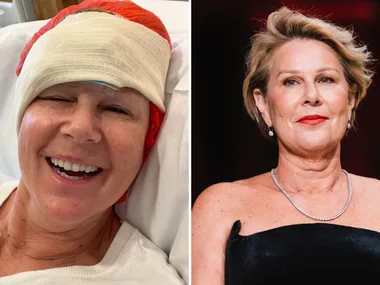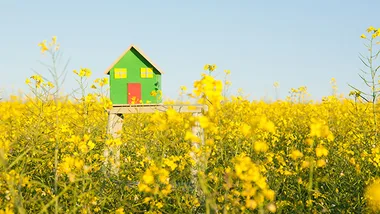We all know that loneliness is not good for the soul, but new research suggests that it can be bad for your body too. Lack of contact with others can actually increase your blood pressure if you are over 50 years of age.
Psychologists at the University of Chicago have found a direct correlation between loneliness and increases in blood pressure, a link that was independent of factors including age, whether a subject smoked, were obese or suffered from depression and stress, the UK’s Daily Telegraph reported.
“Loneliness behaved as though it is a unique health-risk factor in its own right,” researcher Dr Louise Hawkley wrote in the journal Psychology and Ageing.
Related link: Seven ways to lower your blood pressure
Event: Fast and easy weeknight meals with Gourmet Traveller
As part of a long-term study on ageing, Dr Hawkley and her team asked 229 people aged 50 to 68 a set of questions to determine if they thought of themselves as lonely.
Respondents were asked to rate their acceptance of statements such as, “I have a lot in common with the people around me”; “My social relationships are superficial”; and “I can find companionship when I want it”.
Over a five-year period, the team found a clear connection between loneliness and rising blood pressure.
“The increase associated with loneliness wasn’t observable until two years into the study, but then continued to increase until four years later,” Dr Hawkley said.
Related video
While all levels of loneliness were reflected in higher blood pressure, the loneliest people in the group saw their blood pressure rise more than 10 percent more than their most sociable peers.
There is a suggestion that apprehension about not having friends or partners might be the root of the blood pressure rise.
Lifeline: If you are feeling depressed or lonely, you can speak to someone who cares
High blood pressure, or hypertension, is a risk factor in coronary heart disease, stroke, heart failure, peripheral vascular disease and renal failure.
The latest figures show that 3.7 million Australians suffer from the condition, including 32 percent of men and 27 percent of women over the age of 25.
Your say: Do you think that loneliness is bad for your health? Share your thoughts below.
For health, beauty, celeb gossip and more, visit:


















